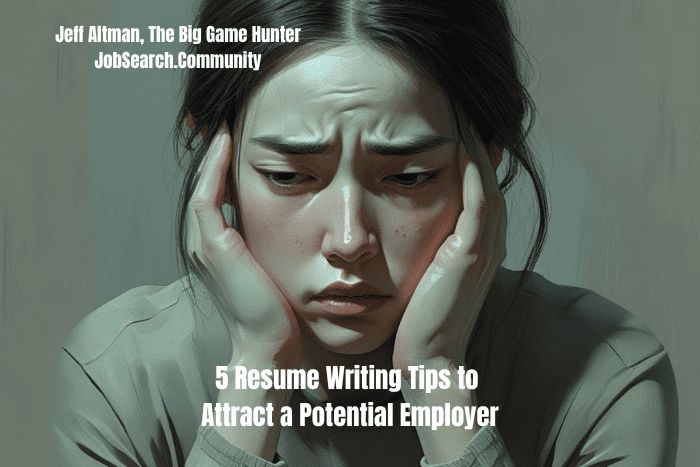
Image source: Getty Images
A lot of people dream of getting into the stock market. Some put it off for years – or forever. That can be a mistake with a big opportunity cost. But it can also be a costly mistake to start investing without being ready.
Here are three questions I think someone can usefully ask themselves when they consider whether they are ready to start investing.
Question one: do you have enough spare money?
There is no point putting money into the stock market at the expense of life’s necessities.
The good news is that it does not necessarily take much money to start buying shares. In fact, a couple of hundred of pounds could be enough.
Starting small has some advantages. For example, beginner’s mistakes will hopefully be less costly. But minimum stockbroking fees, commissions, charges, and taxes could add up.
So it makes sense to shop around when it comes to choosing the right Stocks and Shares ISA, share-dealing account, or trading app.
Question two: do you know what you’re doing?
When people start investing, they do not know what they later will, once they have done it for years. Experience is a great, if sometimes harsh, teacher.
So, I think it is unrealistic to expect to begin investing with a high level of expertise. But if the goal is to build wealth, I also think it is unrealistic to step into the stock market with no idea of what is going on.
A great business does not necessarily make for a great investment – there are other factors involved, such as the price paid for its shares and whether current business performance looks set to be sustained in future.
So, I think that before putting a single penny to work in the market, a new investor ought at least to get to grips with key elements of how the market works and how to be a good investor.
Question three: do you have a clear, measurable goal?
What is the point of investing?
Many people’s simple answer is: “make money”! But what does that mean in practice?
For example, is it from dividends, share price growth, or both? How long is reasonable to wait? What if the account shows a paper loss because of share price falls – at what point should an investor cut their losses?
There is no one correct answer. However, an investor ought to be clear about what their own objective is when they start investing.
For example, I own shares in Card Factory (LSE: CARD). With its 5.3% dividend yield, it could potentially be a useful source of passive income for me in future.
But dividends are never guaranteed. Card Factory only reinstated its payout last year after suspending it in 2020. If high street sales are weak again, for example because of a recession or even just prolonged poor weather, profits and the dividend could be at risk again.
Why have I invested then? I like the dividend but my main motivation is the potential I see for share price growth.
The share has moved down 1% in the past 12 months, but it is up 85% over five years.
Despite that, it sells for less than seven times earnings. I see that as good value given the company’s large shop estate and competitive retail offering.









